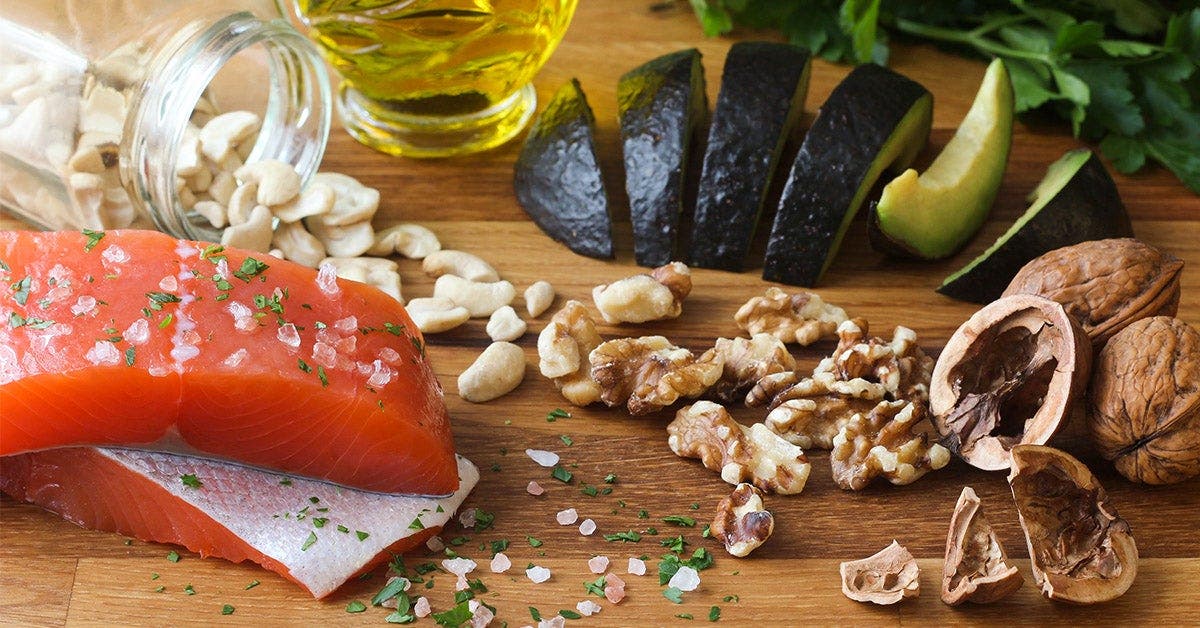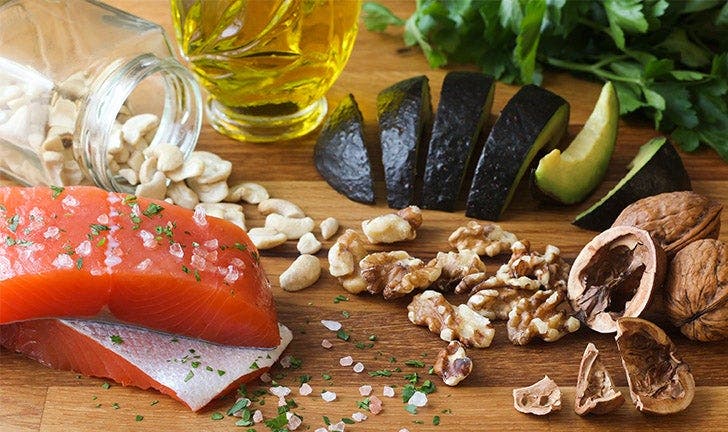Your Guide to a Low Inflammatory Diet


Inflammation is a process that normally occurs when your immune system responds to an injury or infection. You are likely familiar with short-term inflammation, such as the pain or redness that you experience after a minor injury. However, sometimes inflammation persists and this state of chronic (long-term) inflammation can damage your body and affect your overall health. Inflammation has been linked to conditions such as heart disease, diabetes, arthritis, cancer, depression, and Alzheimer’s disease.
There is no one specific cause of chronic inflammation, but factors such as smoking, exposure to environmental toxins, aging, obesity, stress, and poor diet can all play a role. Following a low inflammatory diet is an effective way to fight the process of inflammation.
What is a Low Inflammatory Diet?
Unlike many well-known fad diets, a low inflammatory diet does not require you to follow a specific set of rules or eat only certain foods. Rather, it’s an overall pattern of healthy eating that emphasizes consuming foods that help to reduce inflammation, such as healthy unsaturated fats and antioxidant-rich fruits and vegetables. At the same time, a low inflammatory diet avoids foods that can trigger inflammation, such as foods that contain saturated and trans fats, processed foods, refined sugar, and alcohol.
Who Can Benefit from a Low Inflammatory Diet?
If you live with chronic pain or any health condition linked to inflammation, a low inflammatory diet may help to reduce pain. This type of diet can also help with weight loss because of its emphasis on healthy eating, and weight loss itself is beneficial for reducing inflammation. But overall, a low inflammatory diet is a generally healthy way of eating that anyone can benefit from with a few simple dietary modifications.
How to Follow a Low Inflammatory Diet
Follow these simple steps to naturally help fight the process of inflammation with a low inflammatory diet:
Shift from animal products to fish. Animal products such as red meat, along with high fat dairy products, eggs, and butter contain saturated fat that plays a role in the inflammatory process. Replacing red meat with fish can have a number of different health benefits. Cold-water fish such as salmon, mackerel, tuna, and sardines are rich in omega-3 essential fatty acids, known as eicosapentaenoic acid (EPA) and docosahexaenoic acid (DHA). These healthy fats help to reduce inflammation in the body. Other sources of omega-3 fatty acids include chia seed, walnuts, canola oil, and flaxseed oil.
Boost your intake of fruits and vegetables. You already know how important it is to eat fruit and non-starchy vegetables daily. But they are also a key component of a low inflammatory diet. This is because various natural compounds in plant foods – including the pigments that impart deep red, orange, yellow, and green colours to fruits and vegetables - have potent antioxidant properties that reduce inflammation in the body. Fruits and vegetables are also rich sources of dietary fibre, a compound that also helps to lower inflammation.
Here are some tips to sneak more fruits and non-starchy vegetables into your diet: Enjoy a fruit smoothie for breakfast; layer sandwiches with tomatoes, cucumber, and dark leafy greens; have a piece of fruit instead of a glass of juice with a meal; and keep fresh pre-cut or frozen and canned fruit and vegetables on hand for quick use in soups, stir-fries, pastas, omelets and healthy desserts.
Swap refined grains for whole grains. Processed and refined grains (white flour products) and sugary foods are pro-inflammatory and should be reduced on a low inflammatory diet. Many of these processed grains are found in products such as white bread, white rice, pasta, cereal, and crackers. It’s best to replace these products with their whole grain counterparts, such as whole grain pasta, brown rice, and whole grain bread, because consumption of whole grains is associated with a reduction in inflammation.
Add “healthy” fats to your diet. Adding the right types of fat to your diet is also important for a low inflammatory diet. It’s best to avoid consuming trans fat, which can be found in some margarines, baked goods, and fried foods, and certain vegetable oils such as corn oil and safflower oil, which can influence the production of pro-inflammatory compounds. On the other hand, foods such as almonds, walnuts, avocado, extra virgin olive oil, canola oil, and flaxseeds are rich in healthy fats that protect against inflammation.
A low inflammatory diet is one of the best defences against chronic disease and for maintaining overall health. In addition, remember there are other important lifestyle changes that play a key role in reducing inflammation – get plenty of exercise, avoid smoking, manage stress, and achieve and maintain a healthy body weight. All of these strategies can help maintain your health and keep inflammation at bay.
